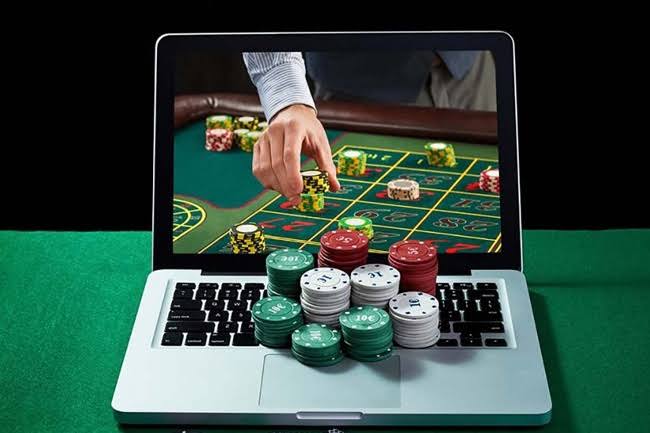Table of Contents
Casino games have a rich history and a significant cultural impact worldwide. From the grandeur of Las Vegas to the elegance of Monte Carlo, these games have transcended mere entertainment to become a significant part of global culture. This article delves into how casino games have shaped societies, influenced economies, and reflected cultural nuances.

The Historical Roots of Casino Games
Casino games have ancient origins, with early forms of gambling traced back to China around 2300 BC. Dice games were popular in Ancient Rome, and card games became widespread in medieval Europe. These early forms laid the foundation for the modern casino games we know today. The cultural impact of these games was evident even then, as they were often intertwined with social and religious practices.
The Rise of Modern Casinos
The establishment of modern casinos can be traced back to the 17th century in Italy, with the Ridotto in Venice being one of the first legal gambling houses. The concept spread across Europe and eventually to the United States, where the gambling hubs of Las Vegas and Atlantic City emerged. Each region added its own cultural twist to the games. For instance, baccarat gained immense popularity in France, while poker became a staple in the United States.
Casino Games as Cultural Icons
Casino games have permeated various aspects of culture, from literature and cinema to music and fashion. Films like “Casino Royale,” “Ocean’s Eleven,” and “21” have romanticized the allure of casino life, embedding these games into the cultural psyche. Songs like Elvis Presley’s “Viva Las Vegas” and movies like “The Hangover” have further cemented the casino’s place in popular culture.
In literature, casino settings provide a backdrop for drama and intrigue. Ian Fleming’s James Bond series often features high-stakes poker games, symbolizing intelligence and strategy. The glamorous depiction of casinos in media has contributed to their iconic status, making them symbols of wealth, sophistication, and risk.
Economic and Social Impact
The economic impact of casino games is substantial. In cities like Las Vegas, Macau, and Monaco, casinos are major economic drivers, providing employment and attracting tourists from around the globe. The revenue generated from casinos supports local economies, funds public services, and contributes to infrastructure development.
However, the social impact of casinos is complex. On one hand, they offer entertainment and social spaces. On the other hand, they can lead to negative consequences such as gambling addiction and financial hardship for some individuals. Societies worldwide grapple with balancing the economic benefits of casinos with the need to address potential social issues.
Casino Games and Technology
The advent of the internet has revolutionized the casino industry, leading to the rise of online gambling. Online casinos offer convenience and accessibility, allowing people to play from the comfort of their homes. This shift has had a profound cultural impact, making casino games more accessible to a broader audience. Mobile gaming apps and live dealer games have further enhanced the online gambling experience, blending technology with traditional casino culture.
Cultural Differences in Casino Games
Casino games reflect cultural differences and preferences across the globe. In Asia, games like baccarat and sic bo are extremely popular, whereas, in Europe and North America, poker and slot machines dominate. These preferences are shaped by cultural attitudes towards gambling and social interaction.
For instance, in Japan, pachinko parlors are a cultural phenomenon, blending elements of pinball and slot machines. In China, the game of mahjong, often played for money, has deep cultural roots and is a popular social activity during festivals and gatherings. These regional variations highlight how casino games are not just about chance and strategy but also about cultural expression and social bonding.
The Future of Casino Culture
As technology continues to evolve, so will the culture of casino games. Virtual reality (VR) and augmented reality (AR) are poised to create immersive casino experiences, further blending the digital and physical worlds. These advancements will likely attract a new generation of players, ensuring that the cultural impact of casino games continues to grow.
Moreover, the legalization of gambling in various countries is expanding the global casino market. As more regions embrace casino culture, it will be fascinating to observe how local traditions and customs shape and are shaped by this dynamic industry.
Conclusion
Casino games are more than just a form of entertainment; they are a cultural phenomenon with deep historical roots and significant economic and social implications. From their ancient beginnings to their modern digital incarnations, these games have left an indelible mark on societies worldwide. As we look to the future, the cultural impact of casino games will continue to evolve, reflecting the ever-changing landscape of global culture.

